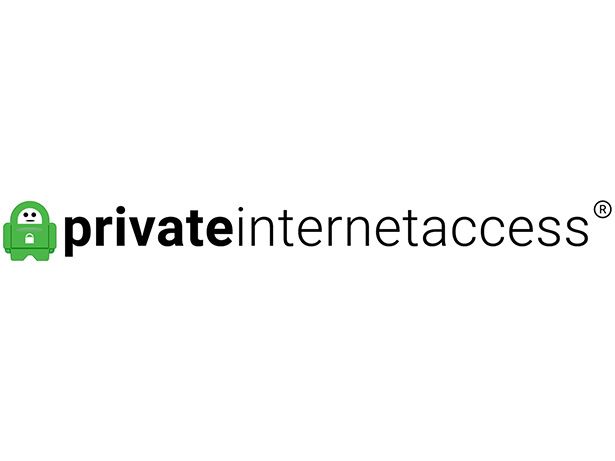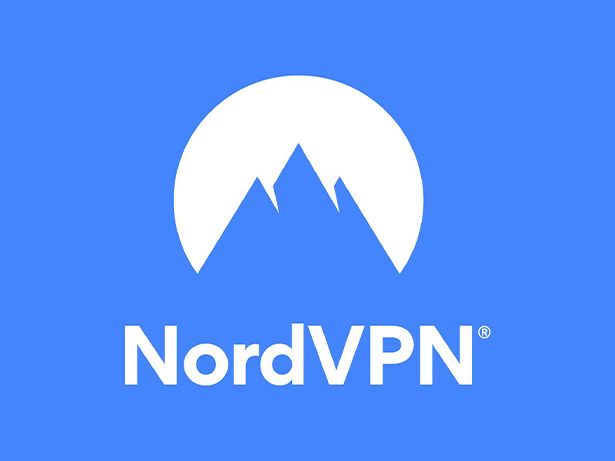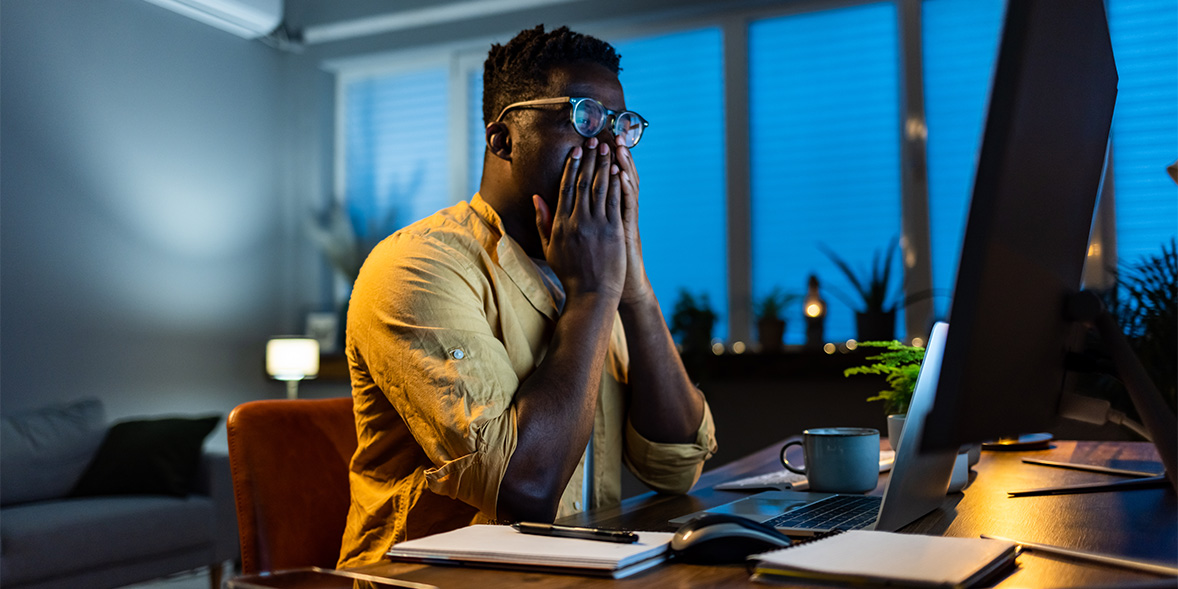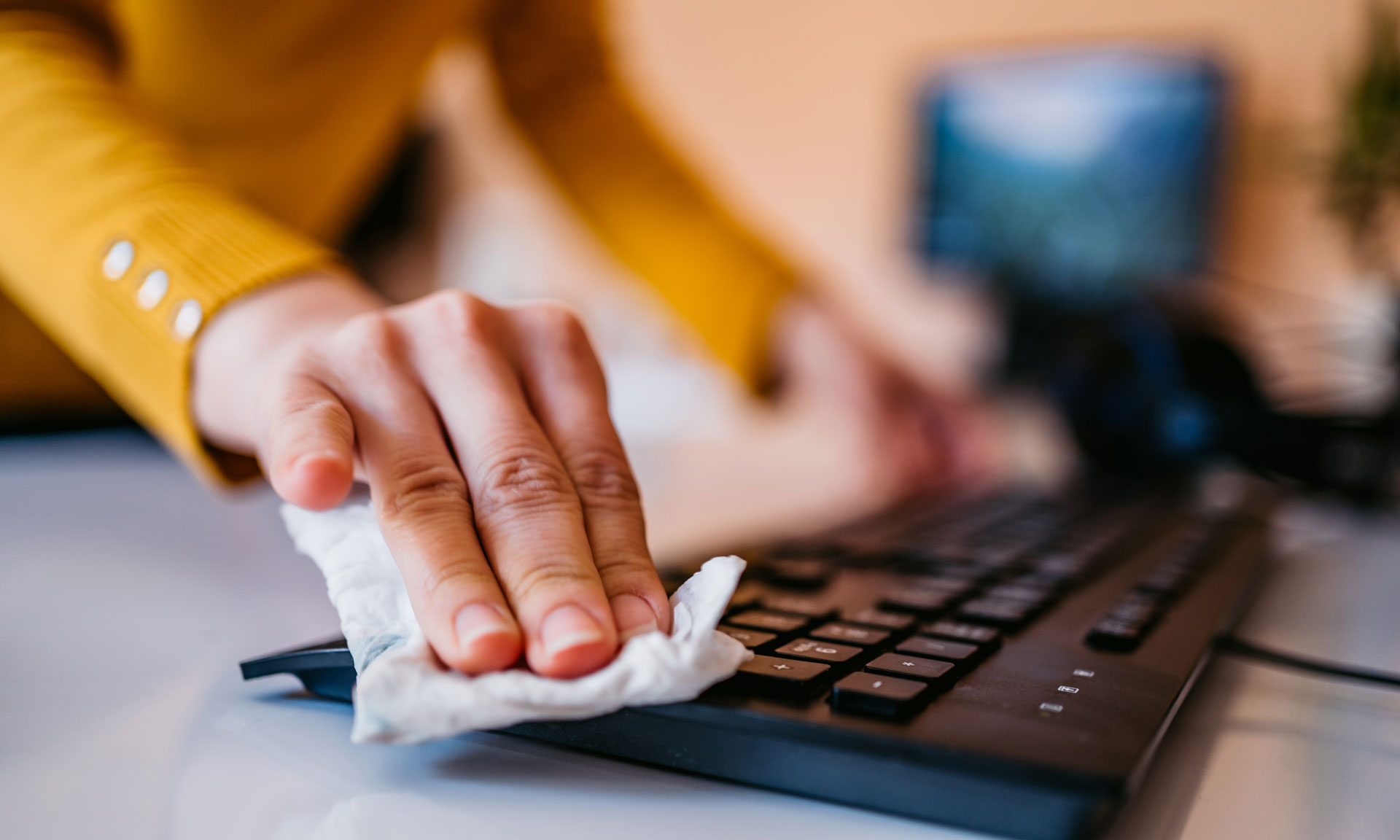Full Access first month £5, then £10.99 per month, cancel at any time
Best VPNs for privacy and streaming

Our tests have shown that different VPN services are good for different things, with some excelling at privacy, and others working well to get past geo-blocked video content, meaning you can stream your favourite shows from anywhere in the world.
Here are the very best VPNs for privacy and for streaming.
Need some help shopping around? Read our guide on how to buy the best VPN.
How we test VPNs for streaming
Our VPN tests look at whether a VPN is easily detected by streaming services that block VPNs. We do this by logging into eight different services in various countries, including the UK and the US, and seeing whether the connection is blocked.
Using a VPN to access content that is outside of the country you are in may well be in breach of that service’s terms and conditions. However, we’re not aware of anyone having their streaming account terminated for doing so. Still, if you choose to use a VPN for this reason, it will be at your own risk.
Top VPNs for streaming
- Sign up to reveal
Test score Already a member?Log in - Sign up to reveal
Test score Full Access first month £5, then £10.99 per month, cancel at any time
Already a member?Log in
How we test VPNs for privacy and security
Our privacy and security tests are very strict. So strict, in fact, that only three services were able to net both a full five-star privacy rating and a five-star security rating.
For a VPN to obtain a five-star privacy rating, none of its apps for Windows, Android or iOS can make any connections to third-party servers where potentially unique device information is shared. While this information being shared is neither uncommon nor a sign of data misuse, we rate VPNs that keep the connection from your device as limited as possible, because the fewer connections a VPN makes, the fewer chances there are for the data to be misused.
Our tests also check to see whether the connection is intercepted at any point on the journey from the VPN to the open internet, and also checks for a variety of common security flaws found in computer and smartphone software.
Of course, we can only take into account what we can see. All VPNs advertise themselves on their privacy-boosting credentials, but ultimately it’s entirely based on trust because no matter how in-depth our tests go, it’s impossible to see what goes on inside a VPN company’s servers. Many VPNs say that their services get audited by large reputable companies, such as KPMG and PWC, so this may boost your trust levels too.
The products below are the ones we can definitively say did well in our tests.
If you are looking for a new laptop, our lab tests reveal which models are worth your money and which aren't. See our expert pick of the best laptops.
Top VPNs for privacy and security
Top rated
Top rated
- best buy
Sign up to revealTest score Full Access first month £5, then £10.99 per month, cancel at any time
Already a member?Log in- Sign up to reveal
Test score Full Access first month £5, then £10.99 per month, cancel at any time
Already a member?Log in - Sign up to reveal
Test score Full Access first month £5, then £10.99 per month, cancel at any time
Already a member?Log in
For more on keeping your privacy and security tip-top, see our guides to the best antivirus software.
How will using a VPN affect my internet speed?
Long load times and choppy, buffering streams are the bane of many an internet user and adding a VPN with the extra encryption steps that come along with it (more information on that in our how to buy the best VPN guide) will only make things worse.
How much worse depends on the VPN you go for, every model we tested reduced our Mbps download speed. It's largely unavoidable because your request to visit a webpage is literally going through a third-party -- your VPN.
The good news is you may not even notice. The average download speed of the VPNs we tested was 212Mbps and if your internet is already slower than that then you won't see any difference. If you're used to significantly quicker speeds then be prepared for website to take longer to load.























